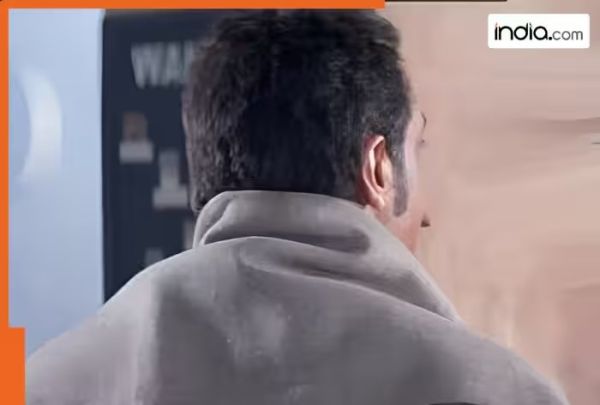A bizarre case recently caught public attention when a Noida man claimed his late mother’s Kotak Mahindra Bank account showed a credit of over Rs 1 septillion trillion. The bank later dismissed the claim, calling the reports incorrect. However, the situation raised an important question: What should you do if money is wrongly deposited in your account?
1. Check and Verify the Deposit
If you notice a large or unfamiliar credit in your bank account, don’t ignore it. Regularly monitoring account activity is crucial. Review every transaction and investigate unexpected deposits to verify their source and legitimacy.
No matter how tempting, do not withdraw, transfer, or spend the funds. Using money that isn’t yours can lead to serious legal and financial consequences. The rightful owner — whether an individual or institution — can take action, and your account may even be frozen. Spending wrongly credited money can be treated as unauthorized usage and can attract penalties or criminal charges.
3. Inform Your Bank Immediately
Contact your bank as soon as you identify a suspicious credit. Share all details and request the bank to verify the source of the deposit. Timely reporting helps the bank reverse the error and protects you from potential liability.
4. Understand the Cause
Wrong credits can occur due to:
Sender error (mistaken account number)
System glitches (multiple accounts credited by mistake)
Unaccounted payments (forgotten refunds or dues)
Regardless of the cause, the money does not belong to you unless officially confirmed.
5. Avoid Account Freezes and Legal Issues
If the bank suspects unauthorized usage or non-cooperation, it may temporarily freeze your account during investigation. Proactively communicating with the bank helps you avoid this inconvenience.
1. Check and Verify the Deposit
If you notice a large or unfamiliar credit in your bank account, don’t ignore it. Regularly monitoring account activity is crucial. Review every transaction and investigate unexpected deposits to verify their source and legitimacy.2. Do Not Use the Money
No matter how tempting, do not withdraw, transfer, or spend the funds. Using money that isn’t yours can lead to serious legal and financial consequences. The rightful owner — whether an individual or institution — can take action, and your account may even be frozen. Spending wrongly credited money can be treated as unauthorized usage and can attract penalties or criminal charges.
3. Inform Your Bank Immediately
Contact your bank as soon as you identify a suspicious credit. Share all details and request the bank to verify the source of the deposit. Timely reporting helps the bank reverse the error and protects you from potential liability.4. Understand the Cause
Wrong credits can occur due to:
Sender error (mistaken account number)
System glitches (multiple accounts credited by mistake)
Unaccounted payments (forgotten refunds or dues)
Regardless of the cause, the money does not belong to you unless officially confirmed.








